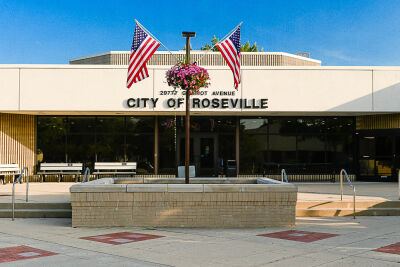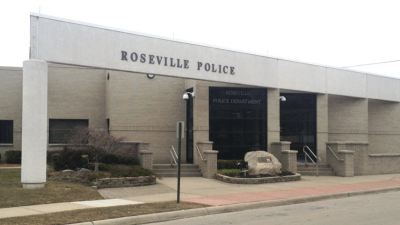ROSEVILLE — The city of Roseville may be seeing marijuana dispensaries soon as city officials move forward on approving applications for licenses.
Local businesses had until Jan. 31 to submit an application for a marijuana license. At the deadline, City Clerk Jennifer Zelmanski said the city had received 31 applications.
At a meeting of the City Council on Nov. 22, 2022, the city adopted Chapter 192, Article III, which determines the number of permits that will be allowed. The article breaks down the number of licenses into six classes, including grow facilities based on the number of plants, processing and retail facilities.
A certain number of permits will be issued for each class:
• Recreational marijuana processing center: up to five permits.
• Recreational marijuana retailer: up to five permits.
• Recreational marijuana safety compliance facility: up to five permits.
• Secured transporter facility: up to five permits.
• Recreational marijuana microbusinesses: up to three permits.
City Attorney Tim Tomlinson said there are more applicants than there are permits, although applicants are only asking for certain permits.
“There’s more than just five (permits), is what it comes down to, but be that as it may, there’s obviously less permits than there are applicants and certainly applicants are only asking for certain permits,” he said.
In addition, five permits will be granted for grower facilities, which is broken down into three classes determined by the number of plants. Class A will allow up to 500 plants; Class B will allow up to 1,000 plants and Class C will allow up to 1,500 plants.
However, Assistant City Manager Glenn Sexton said the number of permits could be maxed out if all City Council members voted for five permits in one class.
“The limit of five cultivation permits is the combination of all classes,” he said in an email. “If all permits were issued for the same classification, it would be maxed out.”
With the deadline having passed, a panel composed of the city’s police chief or designee, city manager or interim city manager, building director, fire chief or designee, and the city’s economic development administrator will conduct an initial review of the applications.
Sexton said he will be reviewing each application prior to turning them over to the review panel, which he said will save the panel time. Once the panel receives the applications, the panel members will meet in groups of two to score them using a system created by city officials.
“The scoring system is based on the State Act requirements,” Sexton said. “We looked at other municipalities that have scoring systems in place and came up with what we considered the best practices.”
Applications will be scored on a set of criteria including the applicant’s previous business experience and financial stability; job creation; the proposed facility’s improvements, maintenance, use and security; and its community outreach and relations.
Once the panel has completed scoring the applications, the applications will be submitted to City Council for final approval. At that point, Tomlinson said, council can determine how it wants to proceed, which could include conducting its own independent reviews.
“City Council kind of has it wide open as to how they want to proceed, but there’s generally certain standards and we’ve got certain scoring criteria that we’re looking for in evaluating the applications,” he said. “Kind of similar to what we did with the medical marijuana applications, which was pretty successful.”
Sexton said he hopes the process will be completed within 120 days.
Before the city began accepting applications in December 2022, several ordinances had to be created, Sexton said, which included creating a district where dispensaries could operate. A zoning map on the city’s website shows the majority of eligible properties being zoned for industrial uses and located between Groesbeck Highway and the Warren border, south of Common Road.
“We felt it was important to establish a specific district where these will be allowed so there would be no negative impact on residential properties, churches, schools or parks,” he said. “These businesses also have the potential to bring additional revenue to the city of Roseville.”
 Publication select ▼
Publication select ▼


























